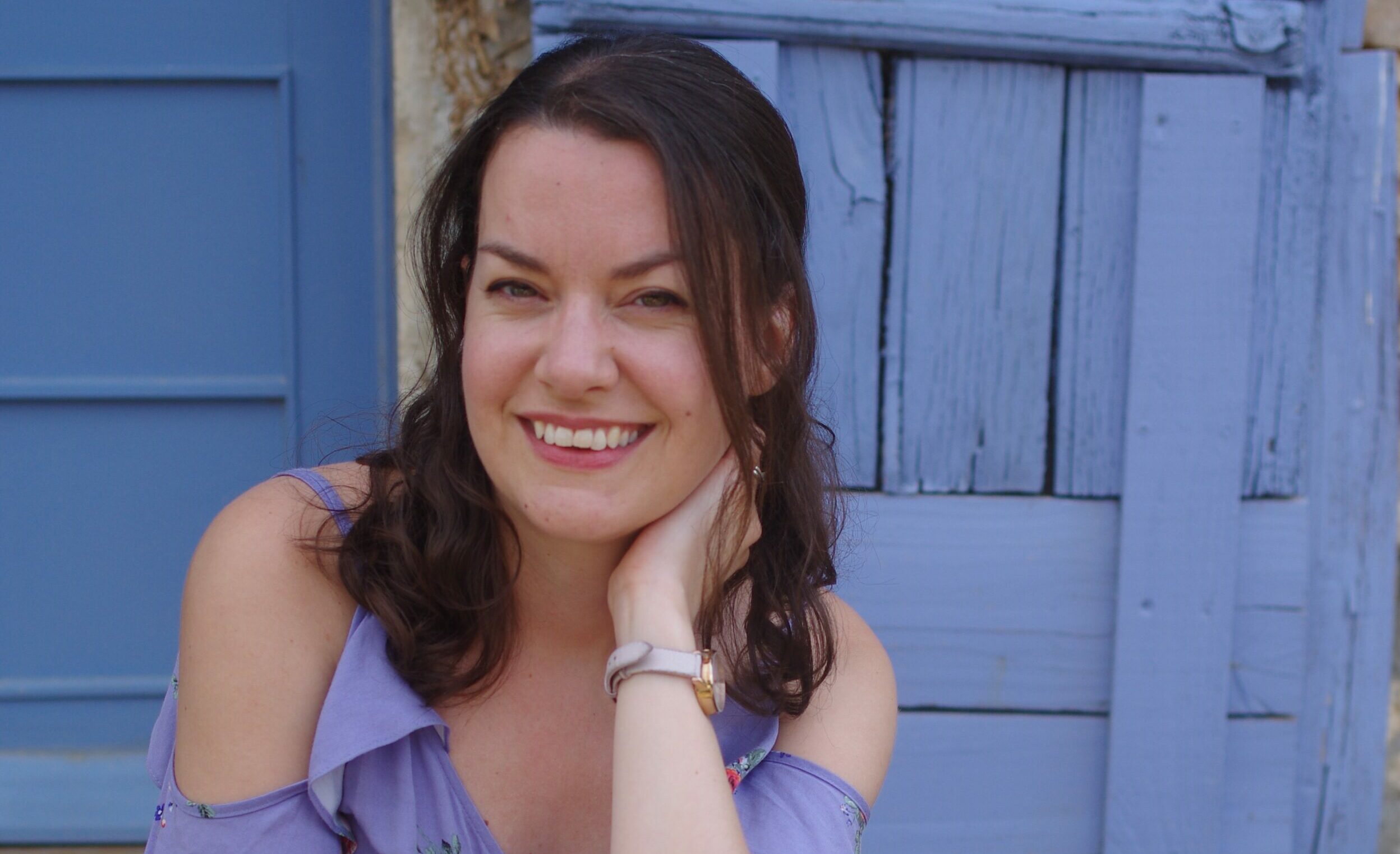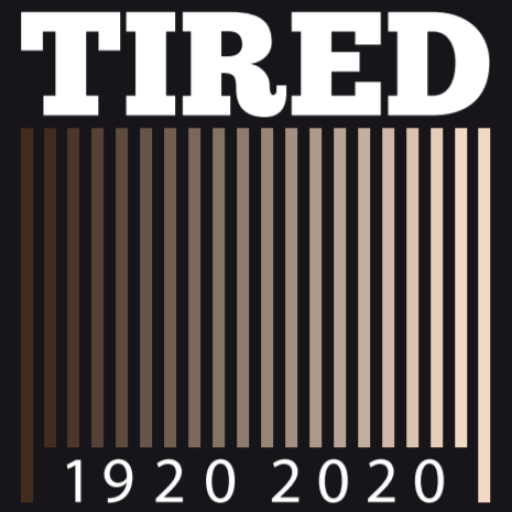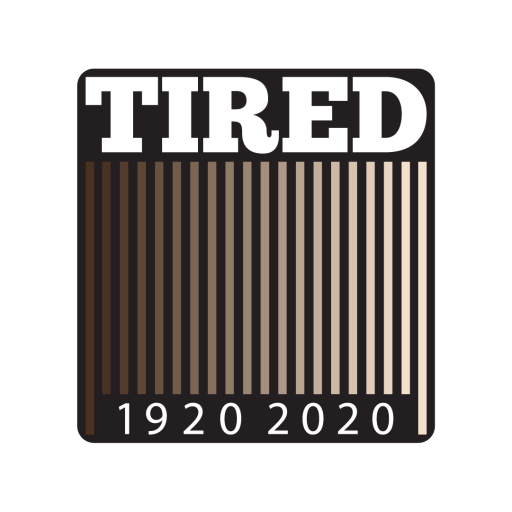Imogen is a freelance dance psychology researcher, lecturer, and life and wellbeing coach. She originally trained as a dancer before specialising in dance science and later dance psychology. After completing her Master’s and PhD degrees, Imogen worked as a Senior Dance Lecturer in Higher Education for over 15 years. Her research interests include: dance psychology, wellbeing, and mental health; inclusive dance; talent identification and development; and freelance working in the dance sector. Imogen has published over 30 articles and chapters in academic journals and textbooks, and has presented her research internationally. She is a member of the International Association for Dance Medicine and Science’s Mental Health Advisory Group, and is a regular guest tutor on the MAS Dance Science at the University of Bern in Switzerland. Imogen also volunteers with the mental health charity Mind as a peer mentor.
Qualifications:
– PhD in Dance Science
– MSc Dance Science- BA (Hons) Dance
– Certificate in Cognitive Behavioural Therapy (accredited Level 8; part of Diploma in CBT)
– Certificates in Individual and Group Life Coaching- CPD training in Research Mentoring, Acceptance and Commitment Therapy, Counselling Skills, Mental Health Awareness, and Mental Health First Aid
Hello! My name is Imogen Aujla – known as Jen for short – and I’m a dance psychology lecturer, researcher, and life and wellbeing coach. I’m so excited to be collaborating with the TIRED Movement on a 3-year research project looking at representation in dance training and education, and cannot wait to get started in the New Year!
The research project will provide an opportunity for me to combine two areas I’m really passionate about: dance psychology, mental health and wellbeing; and inclusion in dance. Over the last 15 years, I have conducted a range of research projects investigating the wellbeing of many different populations engaging in dance, from recreational dance and health participants to professional performers and choreographers. I have also conducted a number of studies investigating talent identification and development in inclusive contexts – examining the barriers to dance training for young disabled people, and how these can be overcome. I’ve always been aware that barriers to dance have a psychological as well as practical impact, but I haven’t had the chance to explore this yet.
That’s all set to change as I embark on this research with the TIRED Movement. However, rather than looking at disability, we will be exploring the impact of lack of racial equality and representation in dance education. This is a pressing issue given that 84% of dance educators taking part in a recent survey by One Dance UK (2021) identified as white. Arts Council (2020) data also indicates that Black, Asian and Ethnically Diverse artists are under-represented in leadership roles.
What might the impact of this lack of representation be on young dancers of the global majority? Representation is so important in terms of encouraging future artists, teachers and leaders; in the promotion of individual potential; and in relation to mental health, wellbeing, and social inclusion. But, to my knowledge, we have no empirical research in this area in dance – and this is problematic, because a reliable evidence base is crucial in order to drive change. Excitingly, creating change will also be part of this research project. We will use the data we collect to design a framework to enhance representation in dance education. Throughout the project, we will be seeking the perspectives and experiences of dance students and staff, to ensure that the framework we create is relevant and valid. For me, this mode of working is the way forward for dance research, because, while researchers have expertise in research design and analysis, participants are the experts about themselves, their lived experiences, and their communities.
Having said that, on a personal note, the project is also important to me because my children are mixed race (the term that my husband, who is British Asian, prefers to use). Fundamentally as a parent you hope that your children will become functioning members of society, but when I think about representation, I also have to question whether society functions well for its members. This project represents an opportunity for me to contribute to the world becoming a more equitable place for my children, and, I hope, for everyone involved in dance. For more from Imogen, visit Dance in Mind or follow her on Instagram.
Academic publications: Imogen Aujla (née Walker)
Book chapters
Mainwaring, L., & Aujla, I.J. (in press) ‘Qualitative research’, in Welsh, T., Mainwaring, L., & Ambegaonkar, J. (eds.) Research in the Dance Sciences. Gainesville, FL: University Press of Florida.
Aujla, I.J., & Jones, L. (in press) ‘Conversations: Inclusive Dance’, in Colin, N., & Seago, C. (eds.) Ethical Agility in Dance: Rethinking Technique in British Contemporary Dance. Oxon: Routledge.
Farrer, R., & Aujla, I.J. (2020) ‘Notions of place in relation to freelance arts careers’, in Weedon, A., & Ashley, T. (eds.) A Sense of Place. London: UCL Press, pp. 116-136.
Aujla, I.J., Redding, E., & Jobbins, V. (2017) ‘Supporting change: The identification and development of talented young dancers with disabilities’, in Burridge, S., & Svendler Nielsen, C. (eds.) Dance, Access and Inclusion: Perspectives on Dance, Young People and Change. London: Routledge, pp. 75-84.
Mainwaring, L., & Aujla, I.J. (2017) ‘Psychological wellness’, in Wilmdering, M.V., & Krasnow, D. (eds.) Dancer Wellness. Champaign, IL: Human Kinetics, pp. 71-82.
Journal articles
Farrer, R., Douse, L., & Aujla, I.J. (2022) ‘Sustainable arts and health: The role of a university in facilitating an intergenerational, interdisciplinary community arts project’, Journal of Higher Education Outreach and Engagement, 26(1), 89-103.
Aujla, I.J., Jenkins, L., King, N., & Farrer, R. (2021) ‘Psychological wellbeing and grit among freelancers in the UK dance industry’, Medical Problems of Performing Artists, 36(4), 233-237.
Jenkins, L., Farrer, R., & Aujla, I.J. (2021) ‘Understanding the impact of an intergenerational arts and health project: A study into the psychological wellbeing of participants, carers and artists. Public Health, doi: 10.1016/j.puhe.2021.02.029
Aujla, I.J. (2021) ‘Opening pathways to training for young disabled dancers: An action research approach’, Theatre, Dance and Performance Training, doi: 10.1080/19443927.2021.1877805
Douse, L., Farrer, R., & Aujla, I.J. (2020) ‘The impact of an intergenerational dance project on older adults’ social and emotional well-being’, Frontiers in Psychology, doi: 10.3389/fpsyg.2020.561126
Needham-Beck, S.C., & Aujla, I.J. (2020) ‘Development of a performance evaluation tool to track progress in an inclusive dance syllabus’, Research in Dance Education, doi: 10.1080/14647893.2020.1746256
Aujla, I.J. (2019) ‘”It’s my dream come true”: Experiences and outcomes of an inclusive talent development programme’, British Journal of Special Education, doi: 10.1111/1467-8578.12297
Urmston, E., & Aujla, I.J. (2019) ‘Values, attributes and practices of dance artists in inclusive dance talent development contexts’, Journal of Dance Education, doi: 10.1080/15290824.2019.1652755
Aujla, I.J., & Needham-Beck, S.C. (2019) ‘Subjective wellbeing among young dancers with disabilities’, International Journal of Disability, Development and Education, doi: 10.1080/1034912X.2019.1615607
Farrer, R., & Aujla, I.J. (2016) ‘Understanding the independent dancer: Roles, development and success’, Dance Research, 34(2), pp. 202-219.
Nordin-Bates, S., Schwarz, J., Quested, E., Cumming, J., Aujla, I.J., & Redding, E. (2016) ‘Within- and between-person predictors of disordered eating attitudes among male and female dancers: Findings from the UK Centres for Advanced Training’, Psychology of Sport and Exercise, 27, pp.101-111.
Aujla, I.J., & Farrer, R. (2015) ‘The role of psychological factors in the career of the independent dancer’, Frontiers in Psychology. doi: 10.3389/fpsyg.2015.01688.
Aujla, I.J., Nordin-Bates, S.M., & Redding, E. (2015) ‘Multidisciplinary predictors of adherence to dance’, Journal of Sport Sciences, 33(15), pp. 1564-1573.
Nordin-Bates, S.M., Hill, A., Cumming, J., Aujla, I.J., & Redding, E. (2014) ‘A longitudinal examination of the relationship between perfectionism and motivational climate in dance’, Journal of Sport and Exercise Psychology, 36(4), pp. 382-391.
Aujla, I.J., Nordin-Bates, S.M., Redding, E., & Jobbins, V. (2014) ‘Developing talent among young dancers: Findings from the UK Centres for Advanced Training’, Theatre, Dance and Performance Training, 5 (1), pp.15-30.
Padham, M., & Aujla, I.J. (2014) ‘The relationship between passion and the psychological well-being of professional dancers’, Journal of Dance Medicine and Science, 18 (1), pp. 37-44.
Aujla, I.J., Nordin-Bates, S.M., & Redding, E. (2014) ‘A qualitative investigation of commitment to dance: Findings from the UK Centres for Advanced Training’, Research in Dance Education, 15 (2), pp. 138-160.
Steinberg, N., Aujla, I.J., Zeev, A., & Redding, E. (2014) ‘Injuries among talented young dancers: Findings from the UK Centres for Advanced Training’, International Journal of Sports Medicine, 35 (3), pp. 238-244.
Aujla, I.J., & Redding, E. (2014) ‘The identification and development of young talented dancers with disabilities’, Research in Dance Education, 15 (1), pp. 54-70.
Aujla, I.J., & Redding, E. (2013) ‘Barriers to dance training for young people with disabilities’, British Journal of Special Education, 40 (2), pp. 80-85.
Sanchez, E.N., Aujla, I.J., & Nordin-Bates, S.M. (2013) ‘Cultural background variables in dance talent development: Findings from the UK Centres for Advanced Training’, Research in Dance Education, 14 (3), pp. 260-278.
Walker, I.J., Nordin-Bates, S.M., & Redding, E. (2012) ‘A mixed methods investigation of dropout among talented young dancers: Findings from the UK Centres for Advanced Training’, Journal of Dance Medicine and Science, 16 (2) pp. 65-73.
Nordin-Bates, S.M., Quested, E., Walker, I.J., & Redding, E. (2012) ‘Climate change in the dance studio: Findings from the UK Centres for Advanced Training’ Sport, Exercise and Performance Psychology, 1 (1) pp. 3-16.
Walker, I.J., Nordin-Bates, S. M., & Redding, E. (2011) ‘Characteristics of talented dancers and age group differences: Findings from the UK Centres for Advanced Training’, High Ability Studies, 22 (1) pp. 43-60.
Nordin-Bates, S. M., Walker, I.J., & Redding, E (2011) ‘Correlates of disordered eating attitudes among male and female young talented dancers: Findings from the UK Centres for Advanced Training’, Eating Disorders: The Journal of Treatment and Prevention, 19 (3) pp. 211-233.
Nordin-Bates, S. M., Walker, I.J., Baker, J., Garner, J., Hardy, C., Irvine, S., Jola, C., Laws, H., & Blevins, P. (2011) ‘Injury, imagery, and self-esteem in dance: Healthy minds in injured bodies? Journal of Dance Medicine and Science, 15 (2) pp. 76-85.
Walker, I.J., & Nordin-Bates, S.M. (2010) ‘Performance anxiety experiences of professional dancers: The importance of control’, Journal of Dance Medicine and Science, 14 (4) pp. 133-145.
Walker, I.J., Nordin-Bates, S.M., & Redding, E. (2010) ‘Talent identification and development in dance: A review of the literature’, Research in Dance Education, 11 (3) pp. 165-189.




